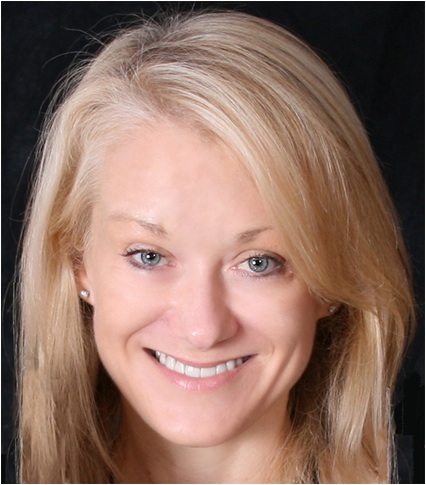 To drive medical interoperability, all parties will need to push policy to get things done, Galileo Analytics Cofounder Anna McCollister-Slipp said at the mHealth Summit near Washington DC.
To drive medical interoperability, all parties will need to push policy to get things done, Galileo Analytics Cofounder Anna McCollister-Slipp said at the mHealth Summit near Washington DC.
McCollister-Slipp was recently appointed to serve on the FDA/ONC HIT Policy Committee’s FDASIA Working Group.
"There's some piecemeal policy things that are ongoing that are really critical," McCollister-Slipp told MobiHealthNews. "I think it's absolutely critical that we get medical device data, patient generated data into Meaningful Use Stage 3, just because if we're spending $19 billion to create a health IT infrastructure, and it doesn't include blood glucose measures or blood pressure measures from the outpatient setting, then, what are we getting?"
Earlier this month, eight healthcare and technology industry groups also made a move to get patient generated data into Meaningful Use Stage 3 guidelines. The group sent a letter to the Health IT Policy Committee (HITPC), in the Department of Health and Human Services, asking that the guidelines include a requirement that electronic health records make use of patient generated data from remote monitoring devices.
McCollister-Slipp, who has type 1 diabetes, takes 14 medications and five prescription medical devices, two of which are attached to her body.
"I see my doctors as consultants," McCollister-Slipp said. "They don’t manage my disease, I do. I make dosing choices 24-7, where I’m constantly evaluating what the data from my blood glucose monitor says. Whether or not I’m going to go to the gym or where or not I’m going to go to lunch. I make decisions about how much insulin to take and diabetes is taking an extreme example, just because insulin is lethal if you get it wrong, but everybody in many respects needs to be doing the same kind of thing and ultimately will be as we continue to live longer."
One barrier to getting these goals accomplished is the immediate costs, said Association for the Advancement of Medical Instrumentation VP of Standards Development and Emerging Technologies Joe Lewelling.
"I think we can all see that in the end we're going to save money," Lewelling said. "But there are going to be a lot of transactional costs before we reach that point. And there are going to be transactional costs in terms of patient safety because anytime you change technology, you have to change behaviors."
Lewelling argues that while this is going to be a big change for doctors, it'll also be a big change for patients. While some patients can manage their own healthcare, he believes there are others out there how can't and the question might be, "how do we assist them?" and "how do we educate them?"
In response, McCollister -Slipp said patients have never been told they are smart enough to understand healthcare, but when they are given responsibility to manage their health, they'll begin to manage their health.
"We're creating an infrastructure designed for acute care management," McCollister-Slipp said. "We need to get better and create the infrastructure that's going to enable people in an outpatient setting to manage their own disease and be able to communicate that data with physicians in a way that makes sense."

















